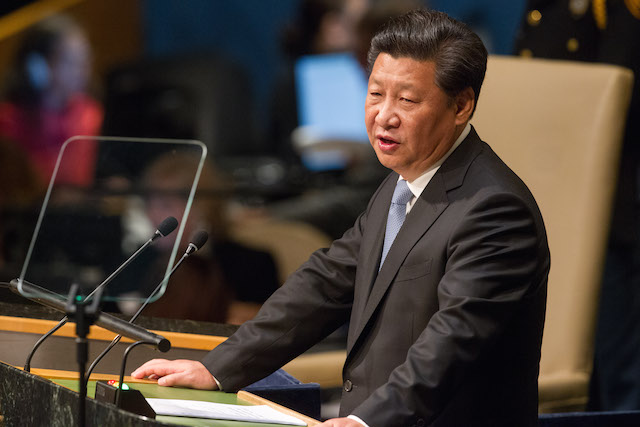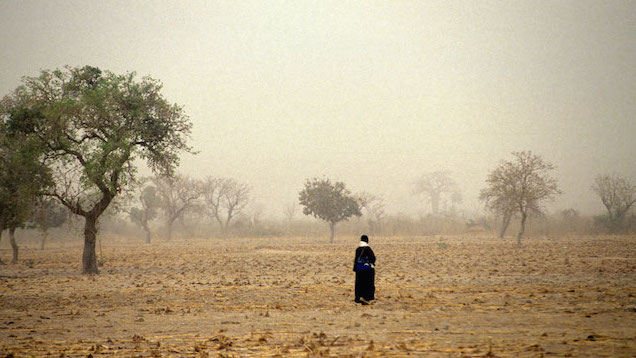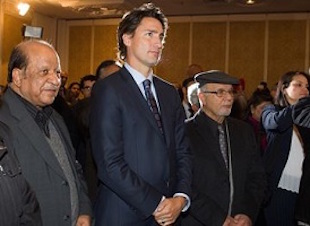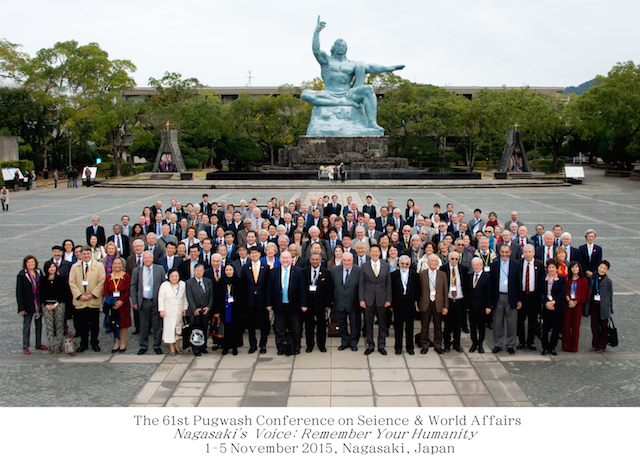By Martin Khor* | IDN-InDepthNews Analysis
GENEVA (IDN) – China gave a big boost to South-South cooperation when its President, Xi Jinping, made two unprecedented mega pledges totalling US$5.1 billion to assist other developing countries, during his visit to the United States in September.
Firstly, he announced that China would set up a China South-South Climate Cooperation Fund to provide RMB 20 billion or US$3.1 billion to help developing countries tackle climate change. This announcement was made at the White House at a media conference with U.S. President Barrack Obama.









